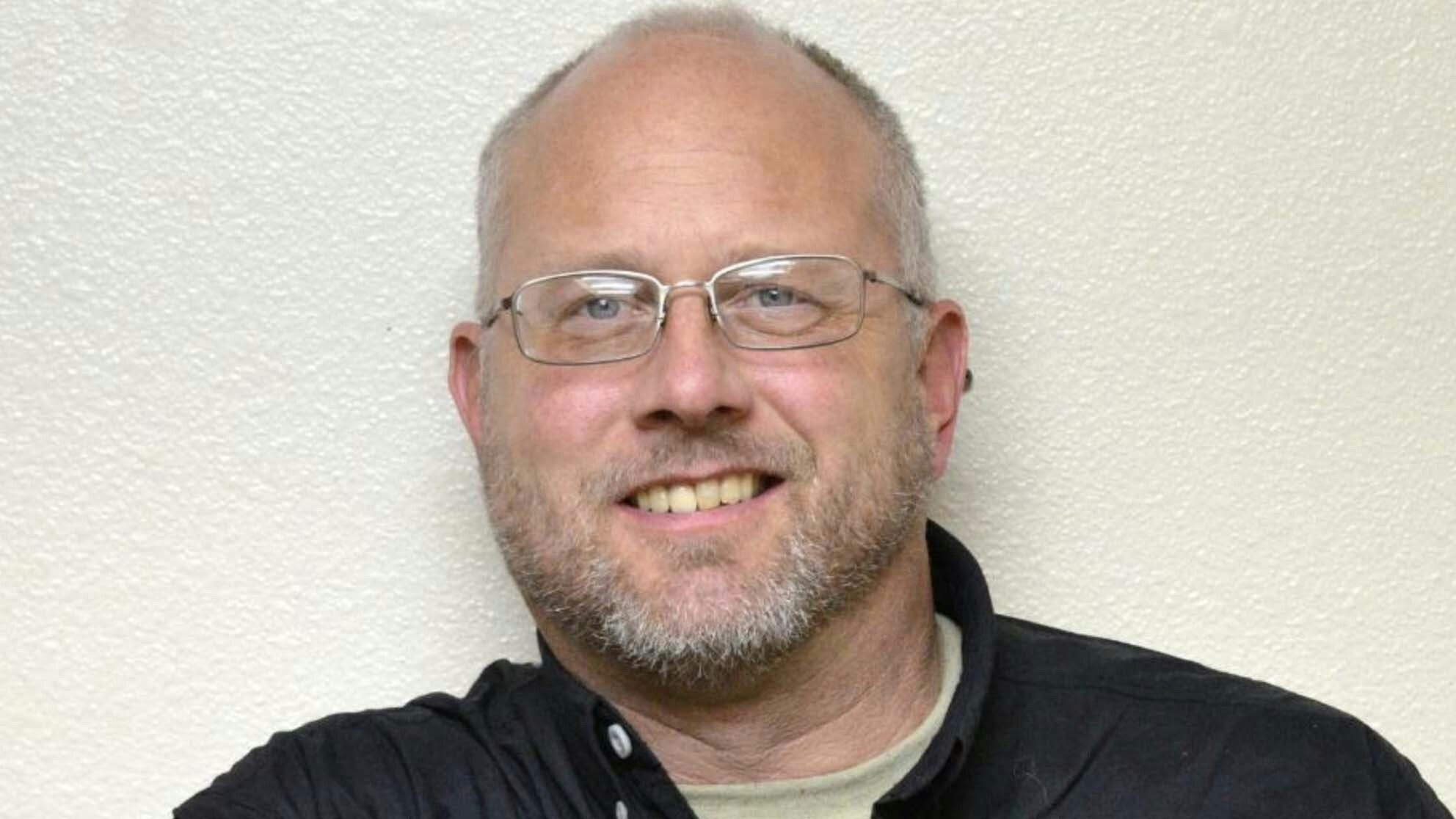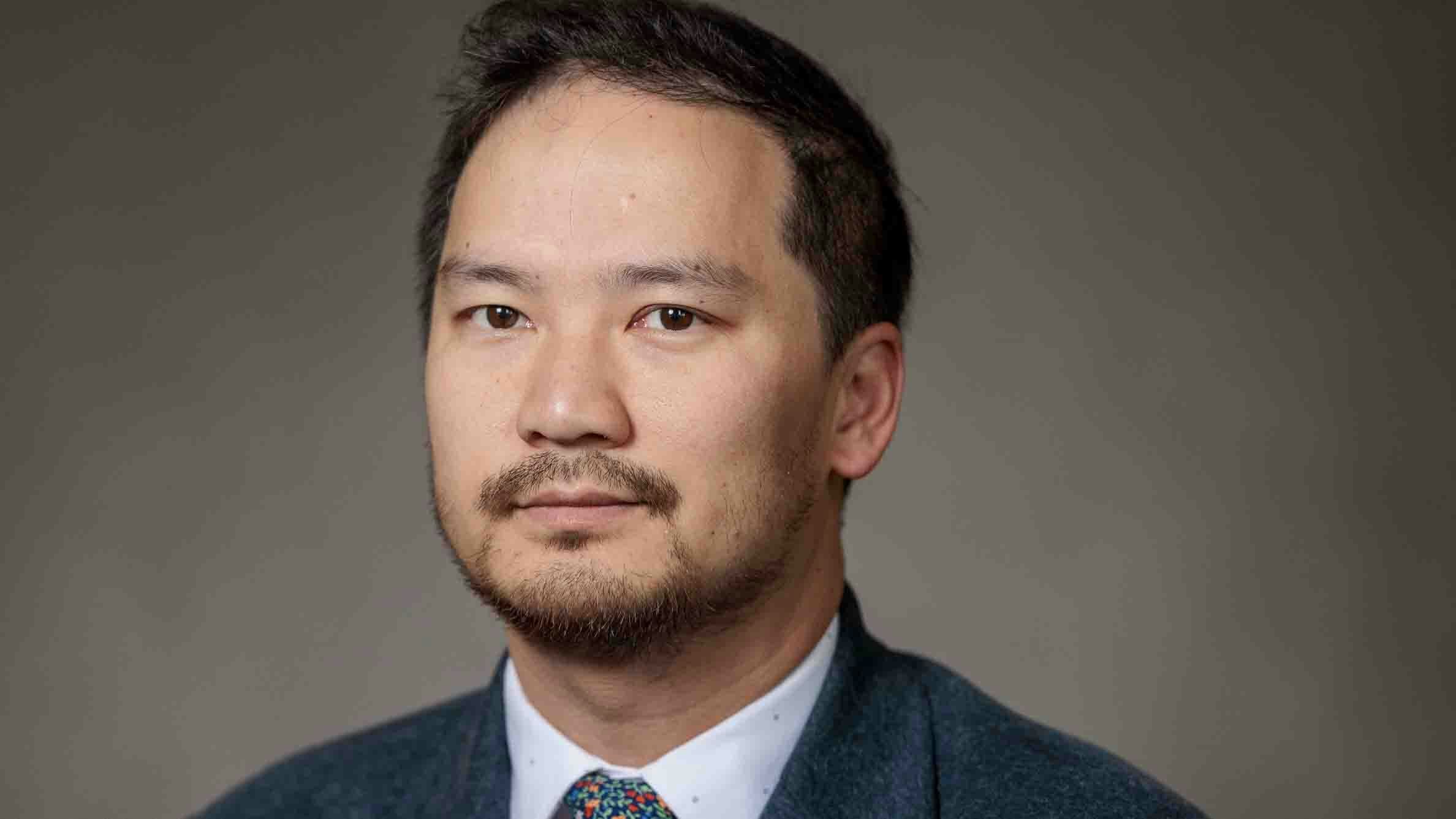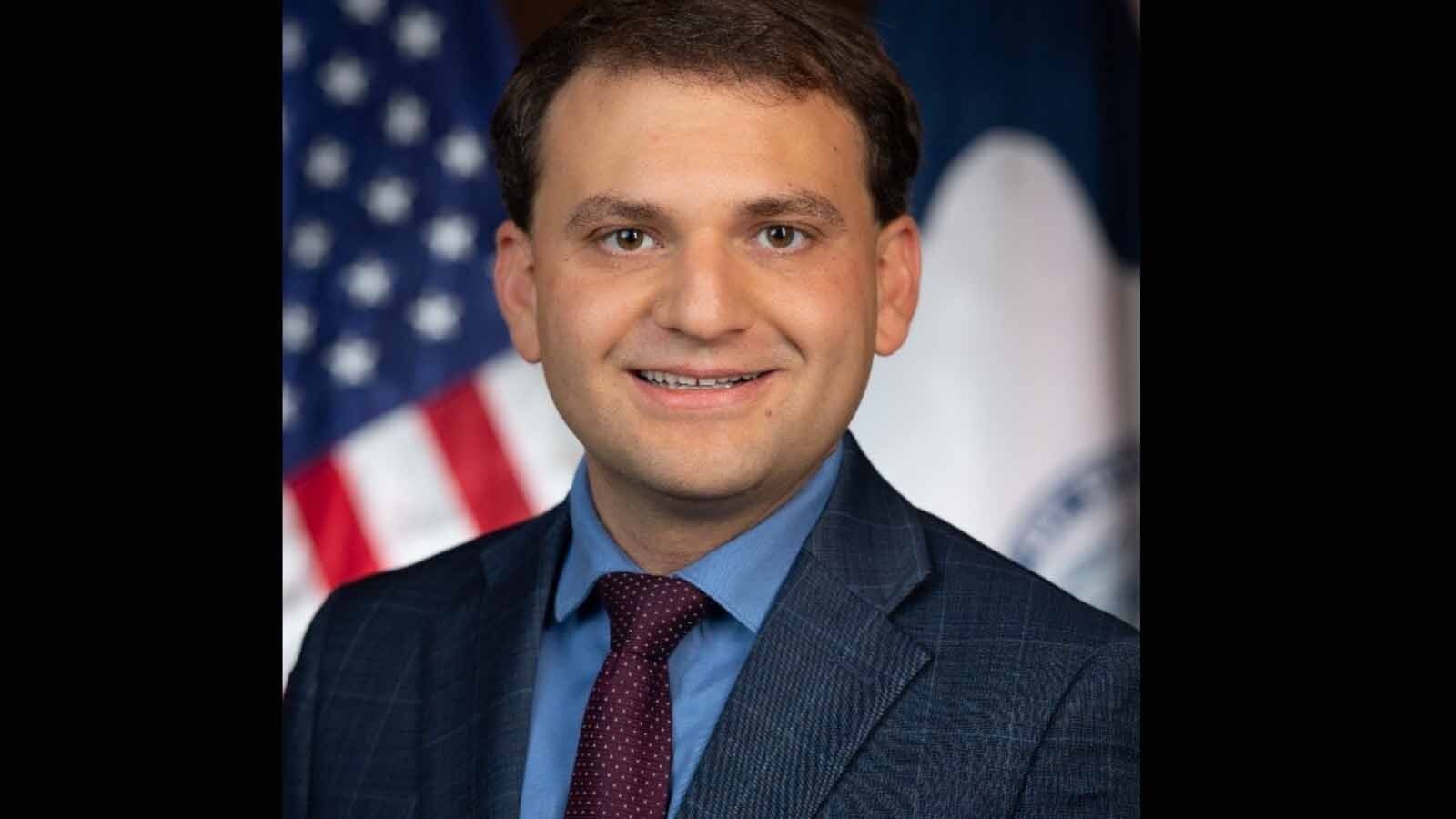Few beyond the most devoted historians are conversant with Abraham Lincoln’s “Lyceum address.” But many have heard its most famous passage. There he prophesied that America will never be invaded by a foreign power. “If destruction be our lot, we must ourselves be its author and finisher. As a nation of freemen, we must live through all time, or die by suicide.”
“The Young Men’s Lyceum of Springfield, Illinois” met in the tumultuous years before the civil war to consider how the Republic might be preserved. Several things are noteworthy, here. First, more than two decades before the outbreak of war, these men saw storm clouds gathering. Second, they were not the gentry, but the young family men. Third, they prepared not by honing their combat skills, but by considering First Principles.
We should look to their example. During our own tumultuous times, it is an act of love and good citizenship for young leaders of every Wyoming community to call their countrymen together and look toward the future. I will write more about this in the near future.
We possess the richest land, the soundest constitutions, and an explicit awareness of our place “under God.” These we have not built, but have inherited from the labor of our forebears. To pass them to our children, we must, first, work to preserve them.
On that January night in 1838, Lincoln was invited to address, “The perpetuation of our political institutions.” It was only eight days after an Illinois jury had acquitted the murderers of Elijah Lovejoy, a newspaper editor.
Years of lawlessness in the federal government had spilled over into state and local governments. Corrupt officials at every level ran roughshod over the rule of law. Open murderers were given a pass while the harshest of penalties were meted out in minor cases.
As an example of the latter, Francis McIntosh was arrested on April 28, 1836. He was a freeman employed on a riverboat recently docked in St. Louis, Missouri. While minding his own business, two police officers chasing a third man ordered McIntosh to join the chase. When he declined, they arrested him for “interfering in an apprehension” and informed him that he would spend the next five years in prison.
This set off a chain of events that, eventually, led to a mob dragging McIntosh out of the city, chaining him to a tree, and burning him alive. The grand jury, convened two weeks later, refused to indict his murders. To make matters worse, Judge Luke Lawless falsely told the jury that an abolitionist newspaperman, Elijah Lovejoy, had colluded with McIntosh.
For the next 18 months, mobs canceled Lovejoy. First, they destroyed his printing press and two subsequent replacements. Finally, they gunned down Lovejoy himself as he tried to protect his third replacement press. On January 19, 1938, the mob was put on trial but found not guilty.
Examples of such corruption of government institutions and its resultant vigilantism could be found across the United States. It was the poison fruit ripening on the diseased vine of slavery. Manifest injustice, defended and tolerated, must produce antisocial fruit. This is as true in our day as in Lincoln’s.
Young Lincoln drew out three consequences of this downward spiral. First, he noted that whenever vigilantism circumvents the rule of law, it will inevitably punish and murder the innocent, worsening the stench of injustice. Eventually, that injustice will rebound to sweep up the original vigilantes themselves.
Second, criminals and would-be criminals will learn from the example of mobs that get away with arson, assault and murder. Those without self-restraint are only restrained by the dread of punishment. When they learn by example that they might escape punishment, they will become “absolutely unrestrained.”
The outbreak of general mayhem unleashed by the evils of corrupt governments and mob justice will, finally, have its most terrible effect of all. Good folk, “seeing their property destroyed; their families insulted, and their lives endangered; their persons injured; and seeing nothing in prospect that forebodes a change for the better; become tired of, and disgusted with, a Government that offers them no protection.”
When good citizens reach that stage, there is no one left to defend the Republic. The solution that Lincoln prescribe is personal. “Let every American, every lover of liberty, every well-wisher to his posterity, swear by the blood of the Revolution, never to violate in the least particular, the laws of the country; and never to tolerate their violation by others. As the patriots of seventy-six did to the support of the Declaration of Independence, so to the support of the Constitution and Laws, let every American pledge his life, his property, and his sacred honor.”
Lincoln’s Lyceum speech is worth reading in total. Let it be heard in a hundred Lyceums across our state.





